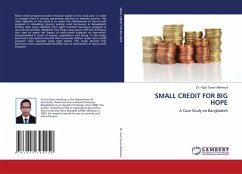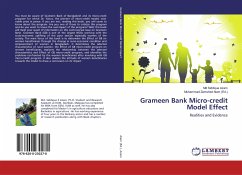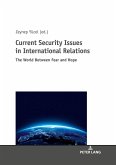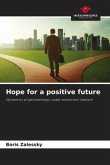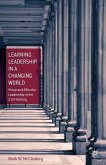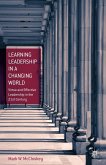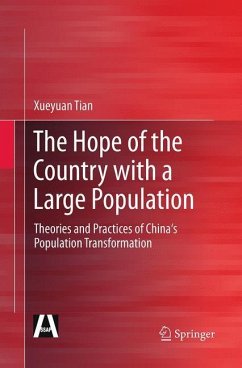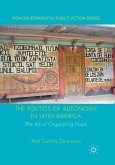Micro-credit program provides financial capital to the rural poor in order to engage them in income generating activities to alleviate poverty. The main objective of this study is to assess the effectiveness of micro-credit program in alleviating poverty among rural borrowers in Bangladesh. Primary data were collected from eight hundred borrowers engaged in agricultural activities. Weighted Two Stage Least Square (WTSLS) technique was used to assess the impact of micro-credit program on borrowers' living-standard in terms of income, expenditure and saving. In this study, borrowers' perceptions towards their economic welfare under micro-credit program were assessed using logit model. This study showed that borrowers were economically benefited due to intervention of micro-credit program.
Bitte wählen Sie Ihr Anliegen aus.
Rechnungen
Retourenschein anfordern
Bestellstatus
Storno

